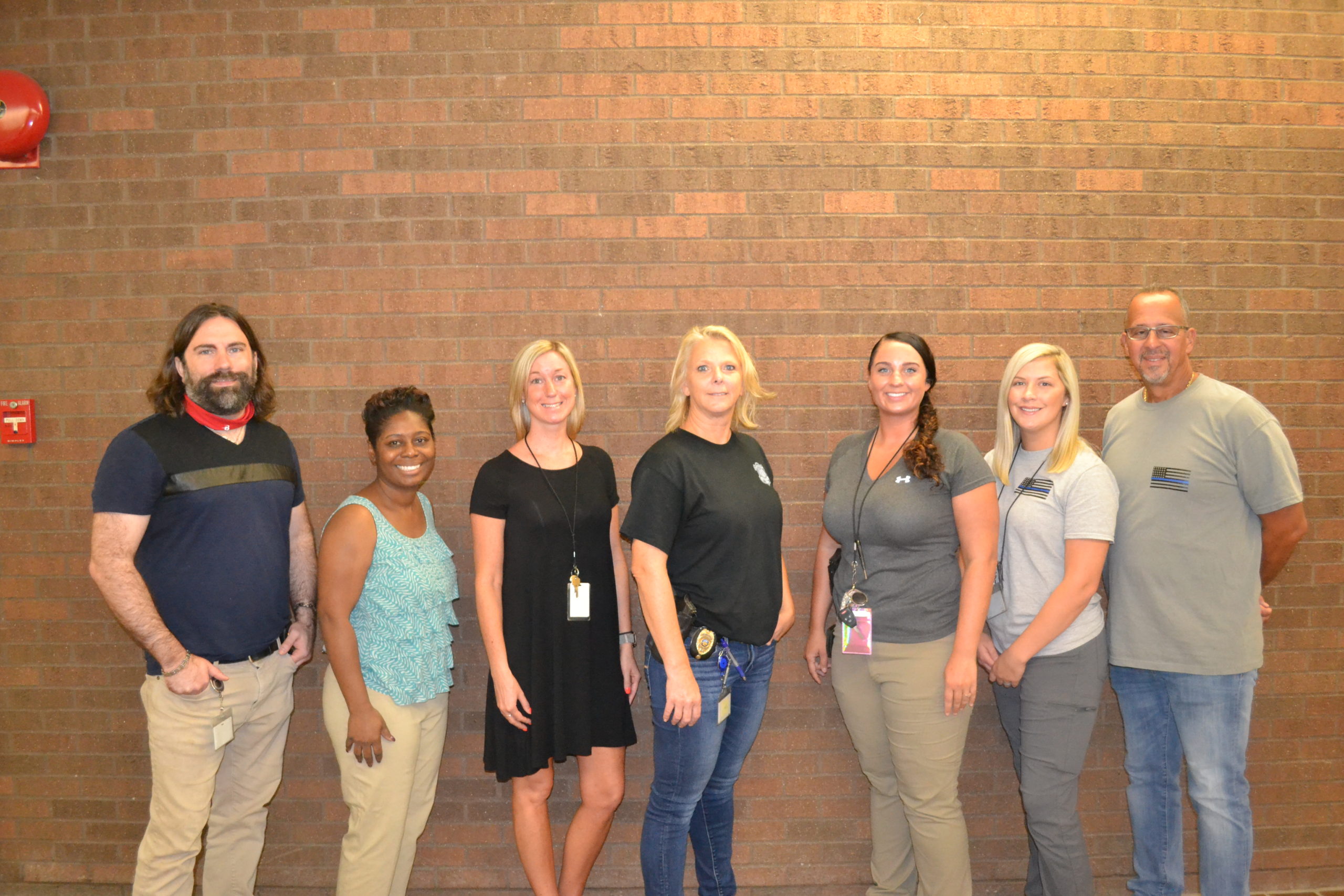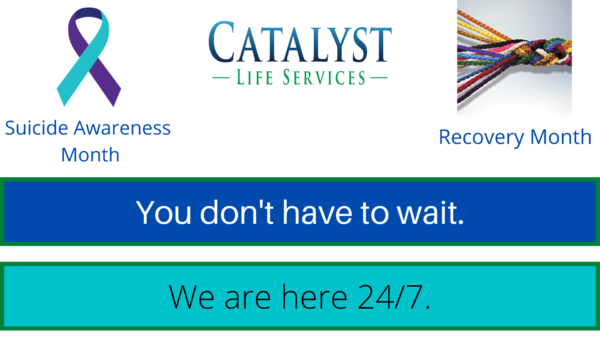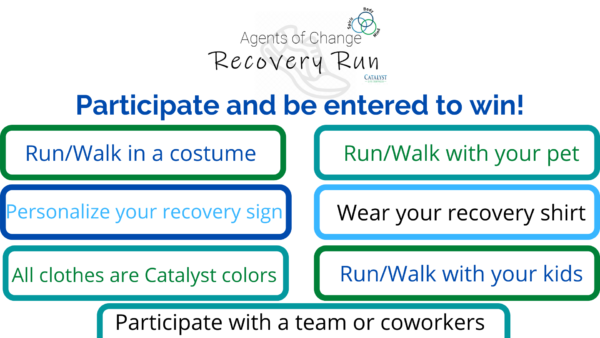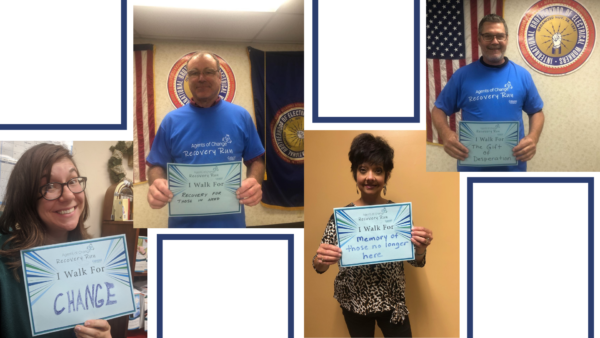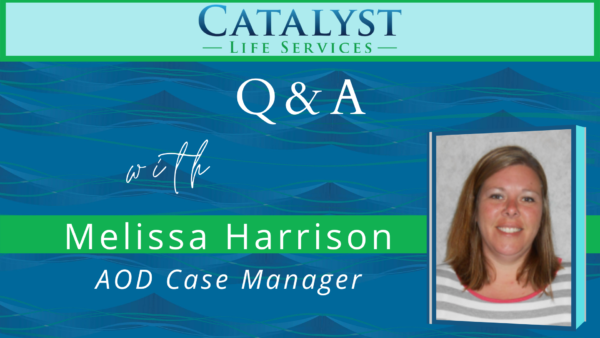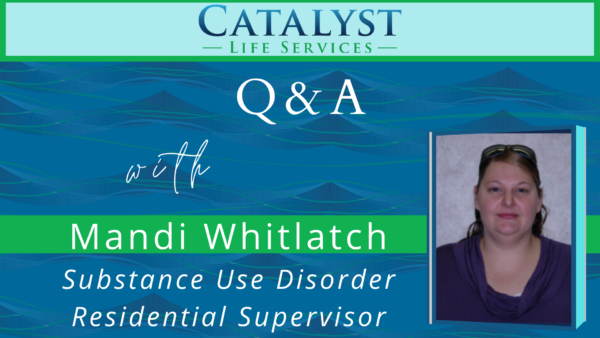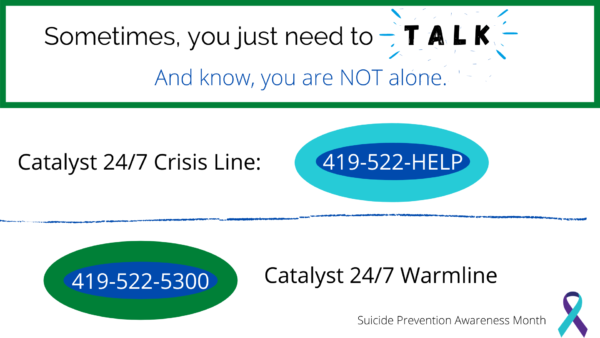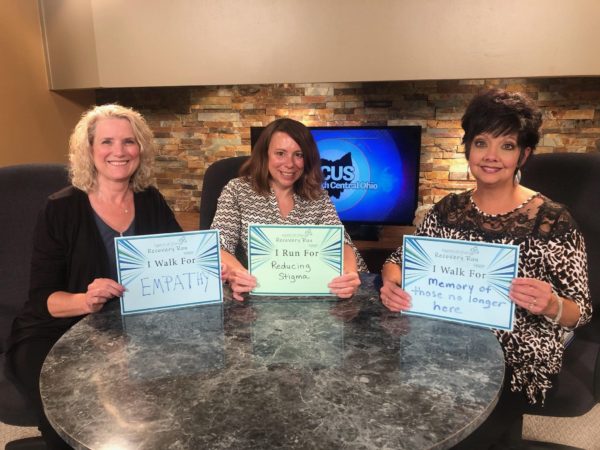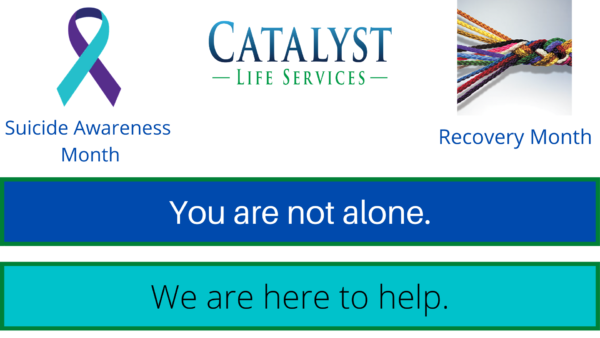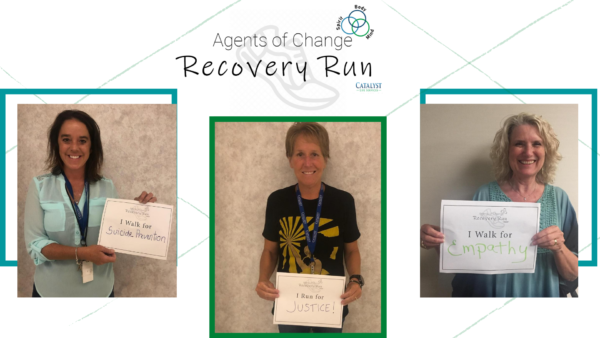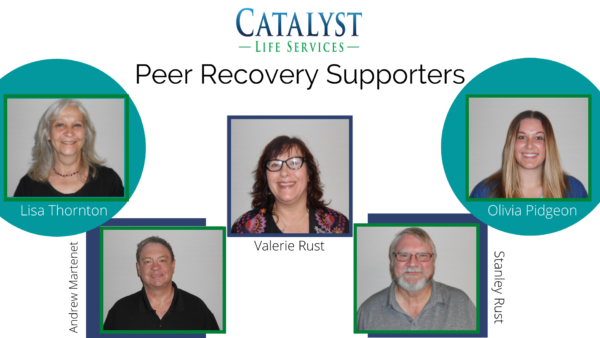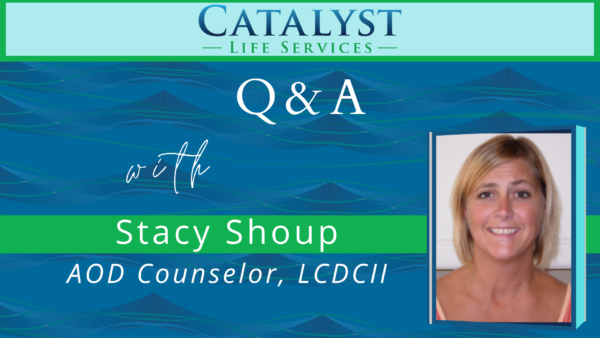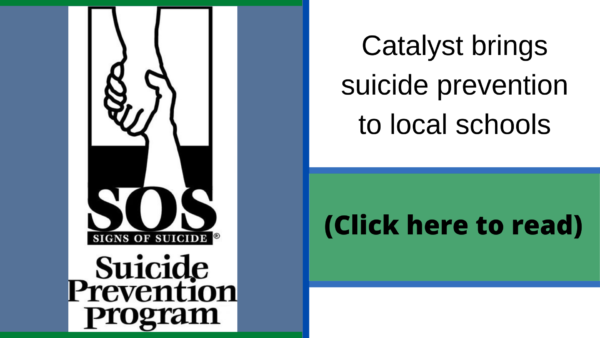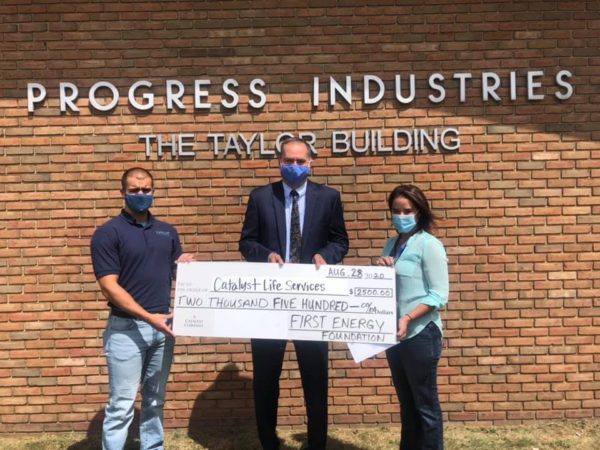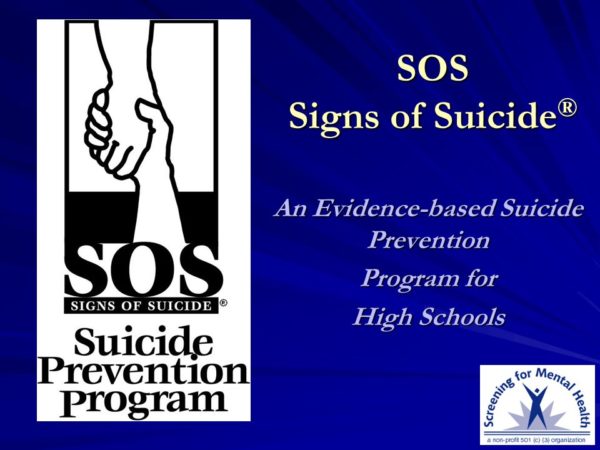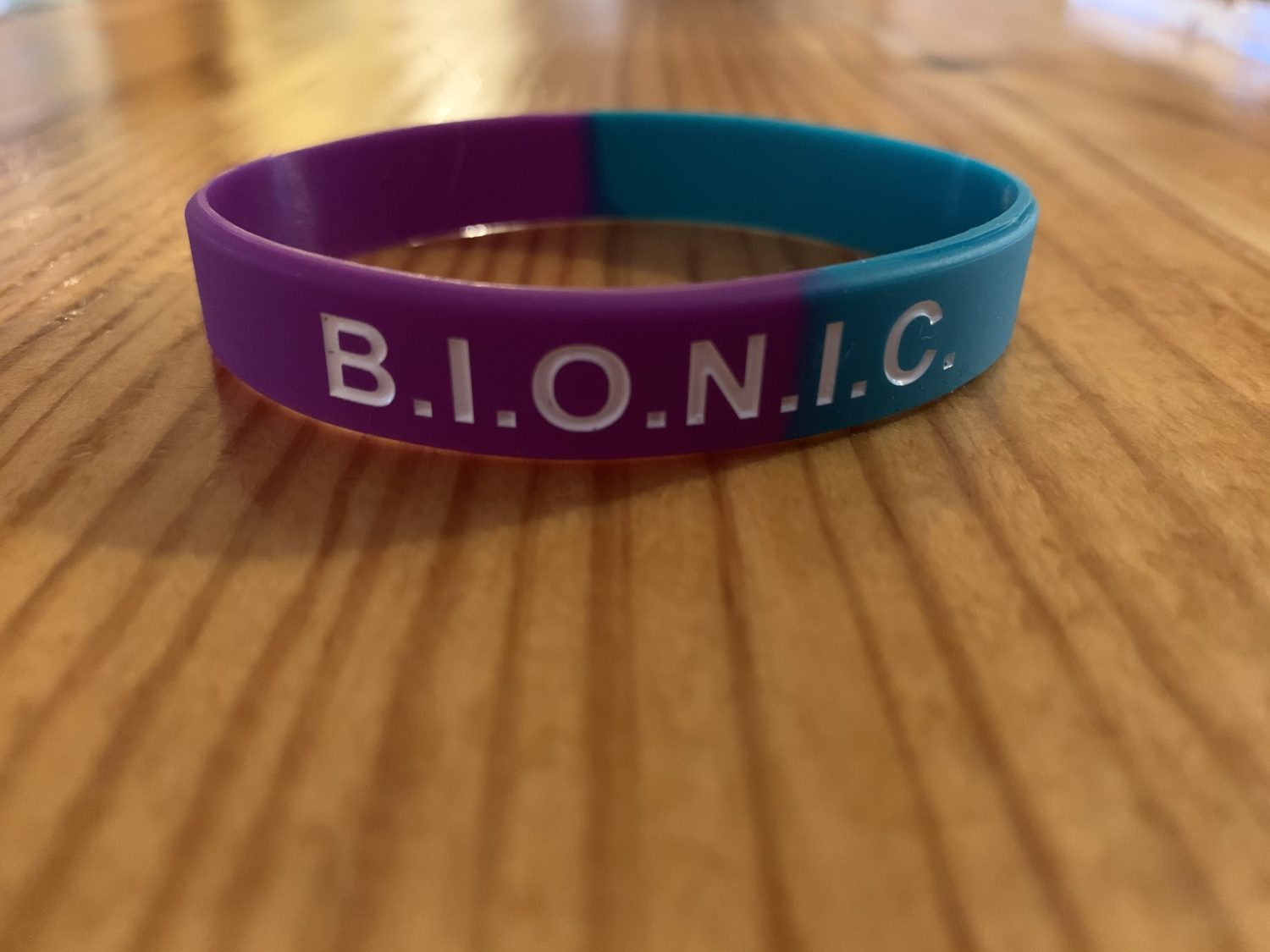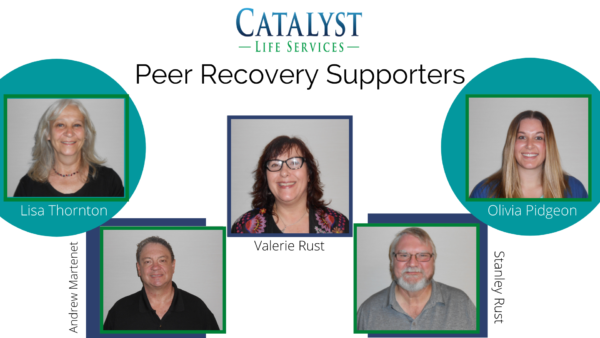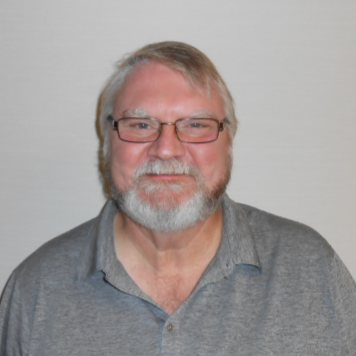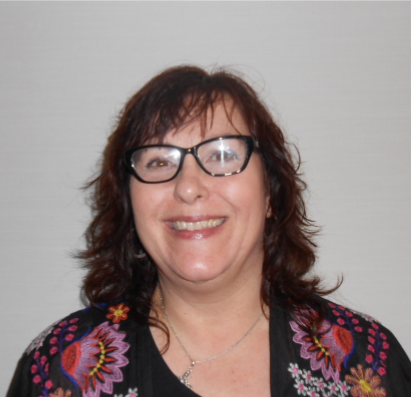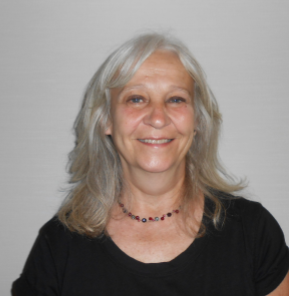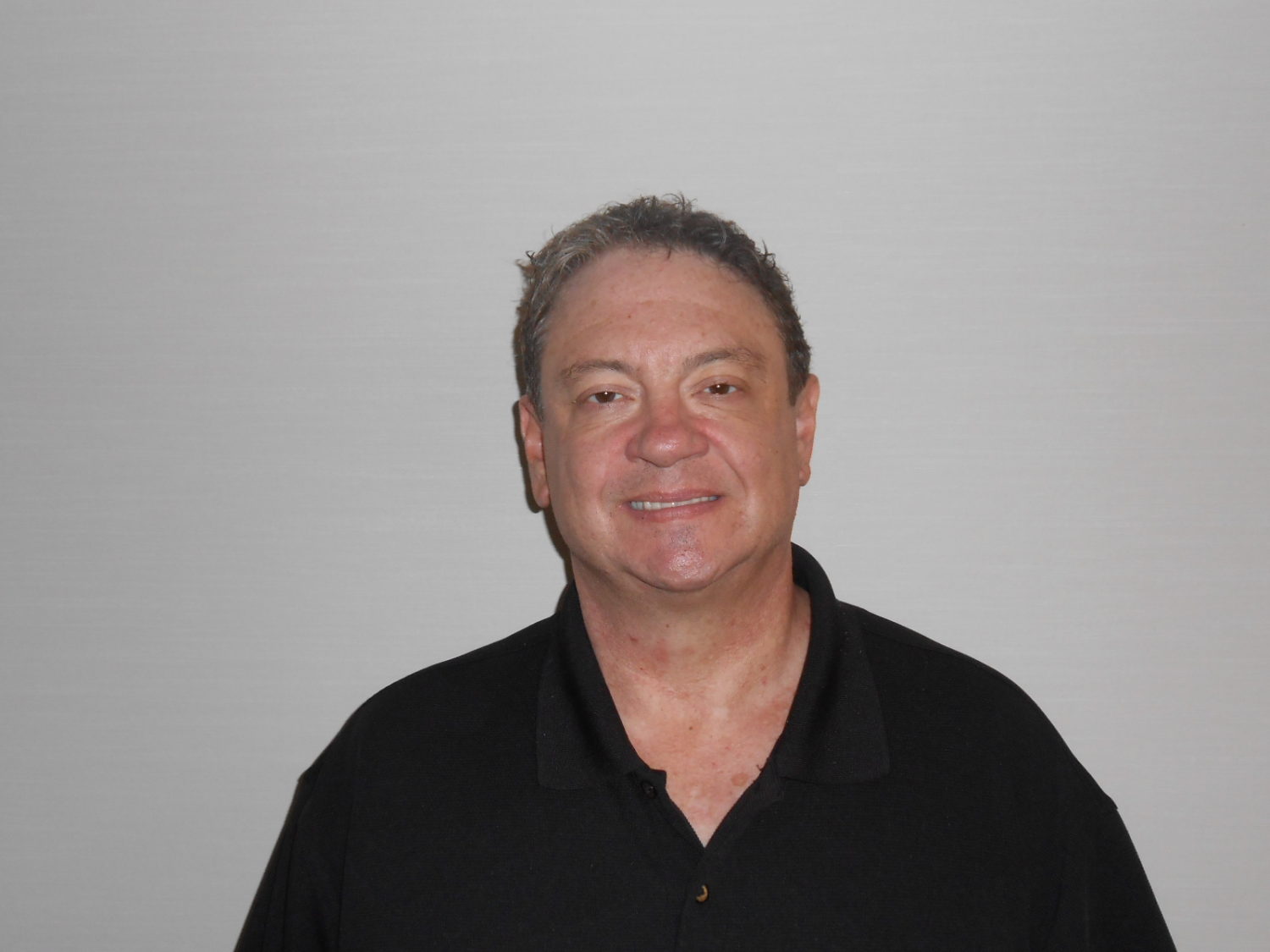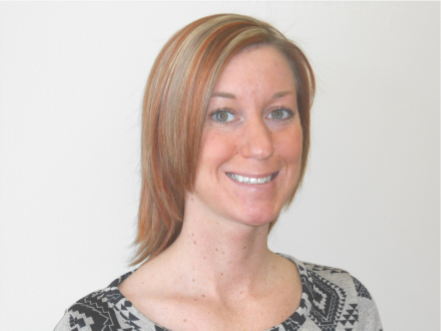THE RICHLAND COUNTY OPIATE BOARD is a unique broad-based collaboration of people from the treatment, enforcement, and judicial professions. It was formed to develop a proactive response to the Opiate Crisis in Richland County by people who are committed to the reduction of the fatal consequences of opiate abuse through education, response teams, and assistance in finding treatment. Elaine Surber, Executive Vice President & Director of Substance Use Services at Catalyst Life Services is a member of this board that meets monthly.
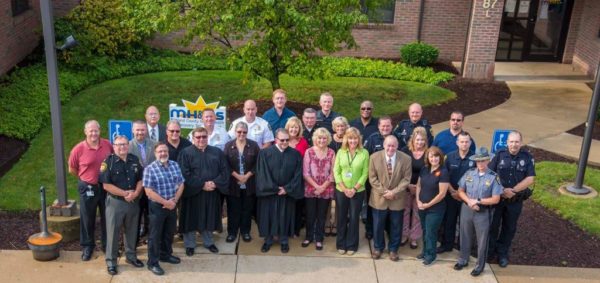
The Opiate Response Team:
The Opiate Response Team (ORT) is comprised of a Law Enforcement Officer, a Treatment Professional, and an Addiction Advocate. The typical practice of the ORT will be to gather twice a week to gather all overdose data and coordinate a response to those who have overdosed. Catalyst has many treatment professionals and advocates that are a part of this team.
The ORT will arrive in a marked vehicle and will respect the wishes of the residents; if they do not wish to participate in the visit the ORT will offer to leave information.
If they are permitted to enter the home, the team will discuss the benefits of treatment and attempt to assist them with securing an attainable appointment.
Q&A with Chief Keith Porch, Mansfield Police Department:
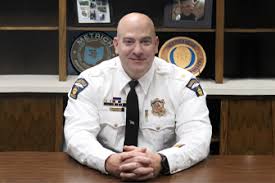 What is the role of the police department in the opiate review board?
What is the role of the police department in the opiate review board?
The role of law enforcement is to be part of the education and prevention process.
Why do you think it is important to have a review board like this?
It brings all agencies to the table who are combating the opiate issue to discuss and develop innovative proactive responses to the population of Richland County along with having a better understanding of the opiate problem through comprehensive information sharing between members of the board.
Have you seen any positive changes since the start of this board?
Through the use of the Quick Response Team which was a proactive initiative, we have noticed a large percentage of persons contacted seeking services for their addiction.
Is there anything personal you would like to add about recovery or this community collaboration?
Richland County’s opiate review board is very unique as it relates to other boards in the State. Our board is comprised of 7 different law enforcement agencies making sure no matter where you live in Richland County resources are available to help the individual overcome addiction.
Q&A with Joseph Trolian, Executive Director of Richland County Mental Health & Recovery Services Board:
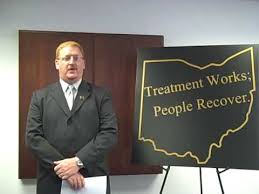 What role does the Richland County Mental Health Board play as a member of the Richland County Opiate Board?
What role does the Richland County Mental Health Board play as a member of the Richland County Opiate Board?
We were one of the early planners as the Board was developing. In ORC 340 Boards are required to the be the Opiate Hub of the County, this board meets that requirement. We have used this as a mechanism for planning, implementation and evaluation of various approaches to the Opiate and other drug concerns in Richland County. We have hosted the meeting in our Conference room (Pre-COVID) and now via our GoTo Meeting site. We provide statistic for the Opiate Response Teams and work to coordinate outcomes for Immunities give through the Prosecutors Office.
What successes have come from the Richland County Opiate Board?
One of the most noticeable success has been the Opiate Response Teams. This is a group that is staffed by 5 separate agencies (Catalyst Life Services, Family Life Counseling, Mansfield UMADAOP, Healing Hearts Counseling and Third Street Family Health Services), 4 separate advocacy groups (Fusion Church, Starfish Project, Project One and RU Recovery Ministries), and 3 Law Enforcement Organization (Mansfield Police Department, Shelby Police Department and Richland County Sheriff) with standing teams and a “As Need” schedule with Ontario, Lexington, Belville, Butler and Plymouth. A three person team made up of and agency, advocate and Law Enforcement Officer visit individual’s homes who have overdoses and provide information and encouragement to get help and begin their road to recovery. The teams began running in March of 2017. To date we have reached out nearly 450 individuals. When the team makes contact with a person (could be the individual who overdosed, a family member or a friend) we have seen well over 70% enter treatment.
Another great, but less visible, success is just the collaborations that have been developed as a result of the establishing the Opiate Review Board. We began meeting in August of 2016 on a monthly basis and have continued meeting monthly with few exceptions for the past 4 years. The meeting is one of the most well attended and active that I participate in and I participate in a lot of meetings.
How can this board help an individual struggling with substance use?
We have established a website: https://opiateaddictionrichlandcounty.com/ where we have a lot of materials that people can access, they can see the latest statistics, find contacts for agencies and advocacy groups and a calendar of events. Kym Lamb and Julie Chaya and Jay Miller with DRM have done a great job of keeping our media presence active.
What is unique about this review board?
As I mentioned earlier, I participate in a lot of meetings. Many groups that have been meeting for 4 years get to the point of meeting just to meet. That is not the case with this group. We always seem to have a new iron in the fire and focusing on an improvement or an enhancement for Richland County.
Is there anything you would personally like to add about recovery?
Recovery is absolutely possible and accessible in this community. We also realize that treatment is process and you may need to try a few different approaches to find the best fit. We can help, we want to help. We will hold the door, but you have to walk through. I have spent my career in both treatment and administration and I believe that what we have established in Richland County is a system that is dynamic, expanding and ready to meet the needs of all Richland County Residents.
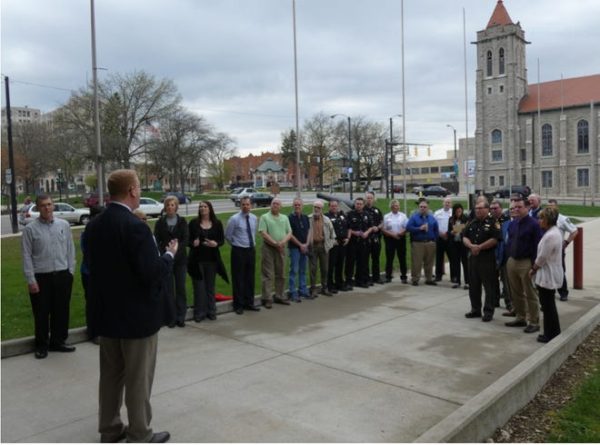
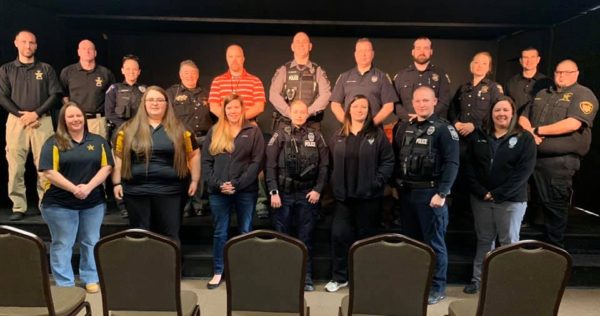

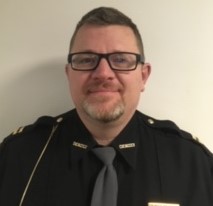
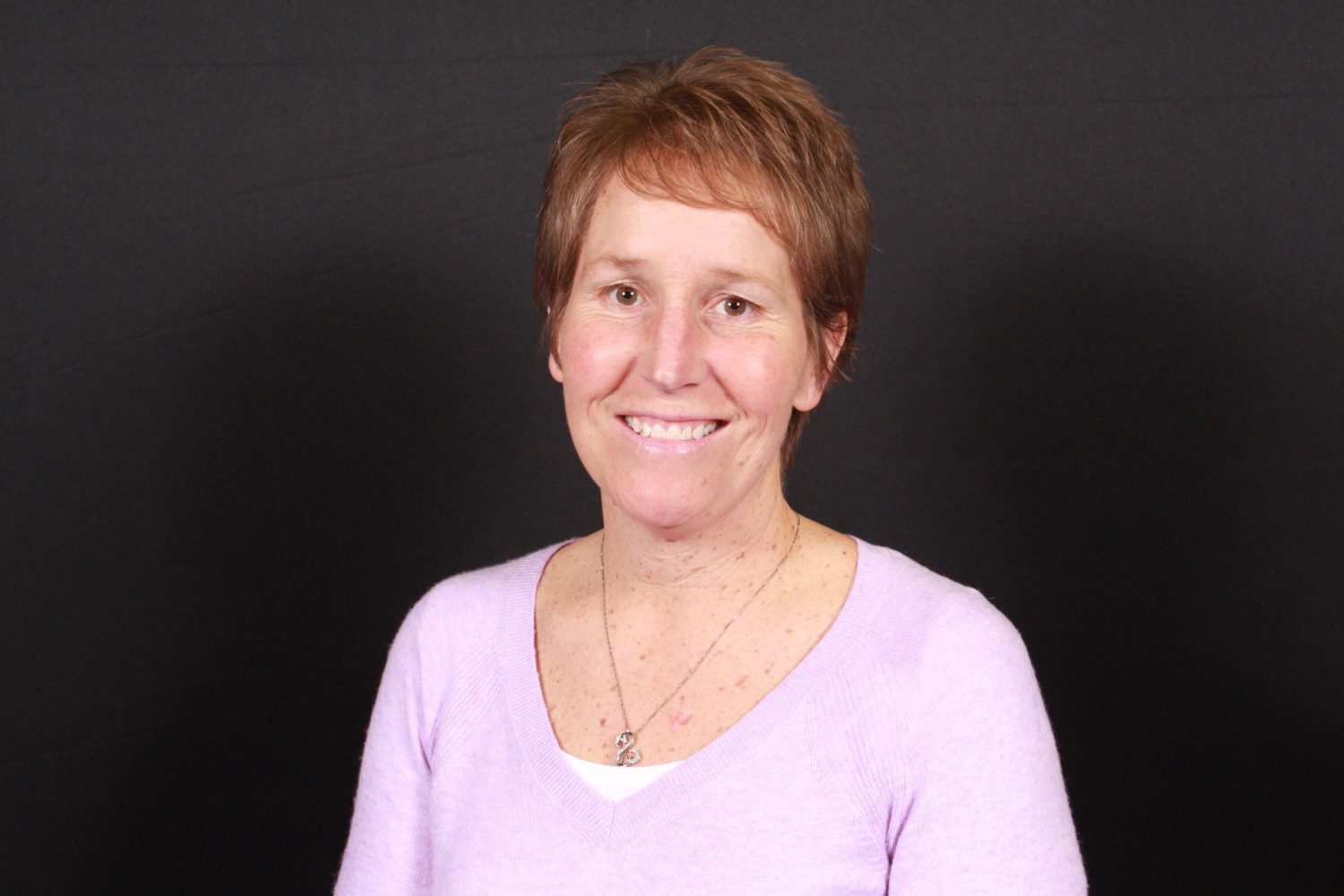
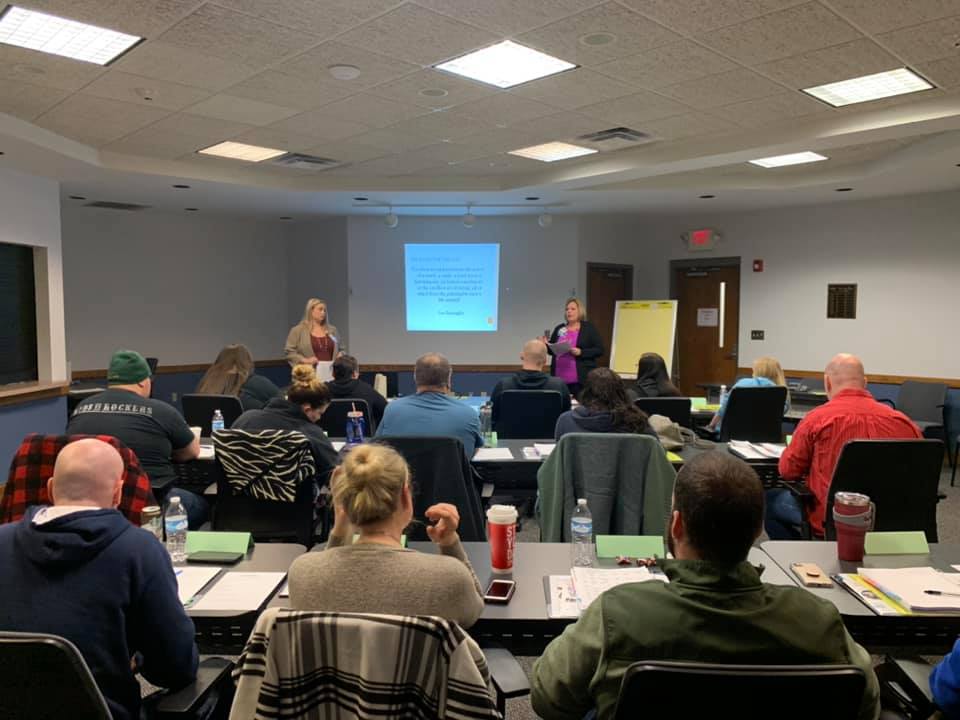
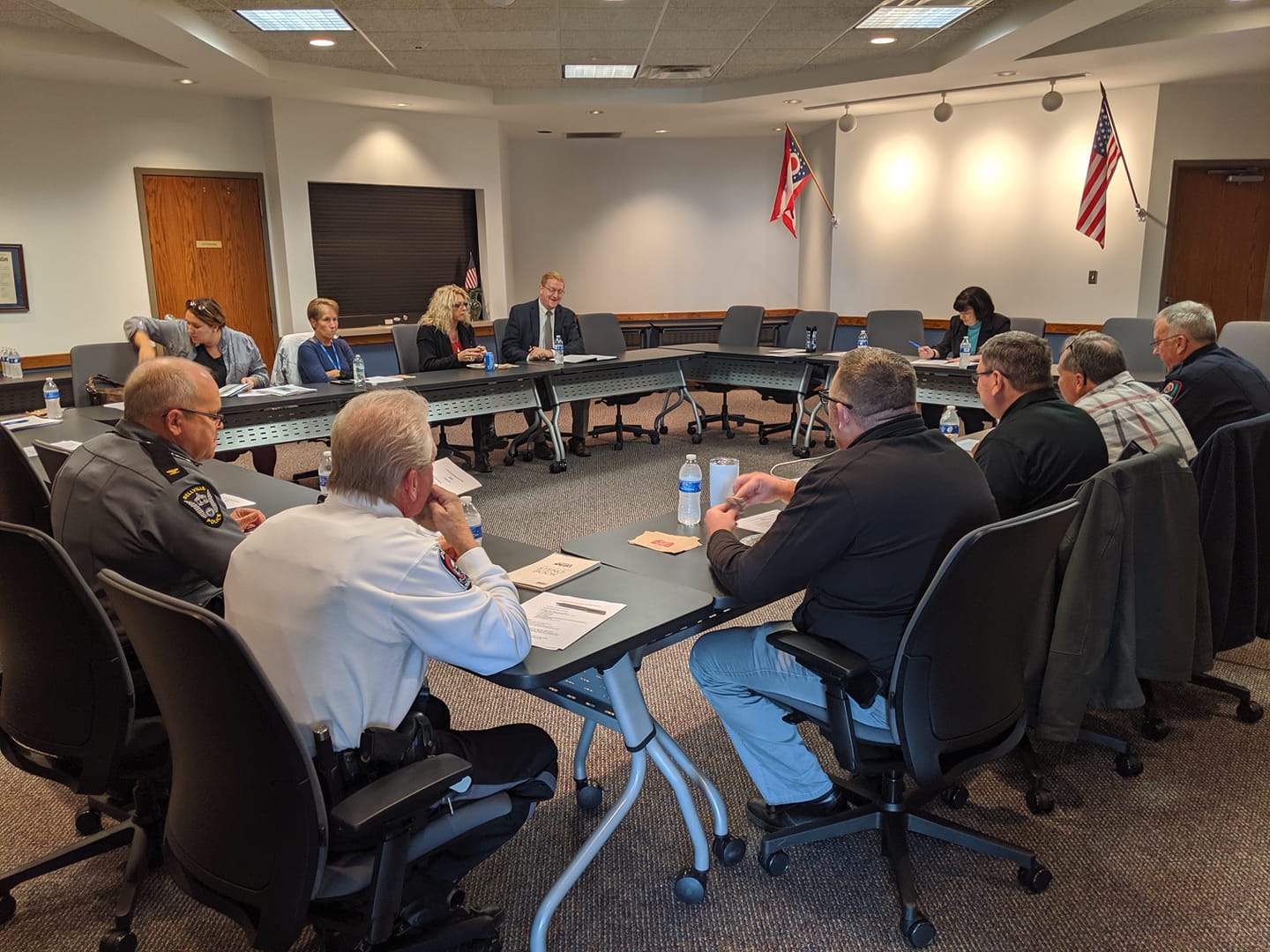
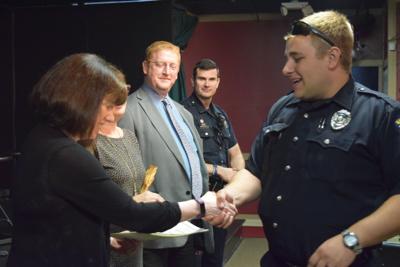
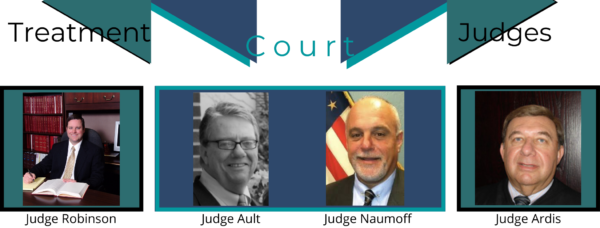
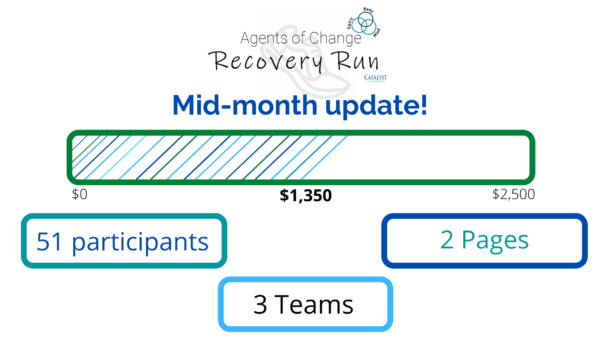
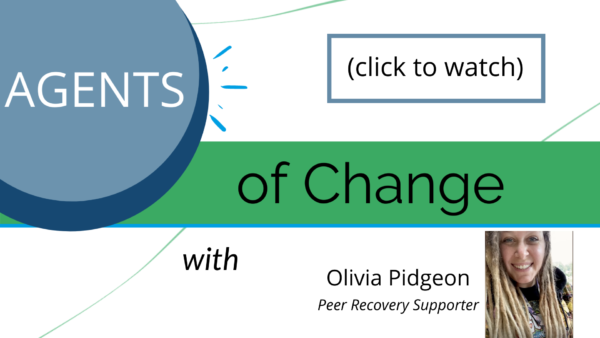
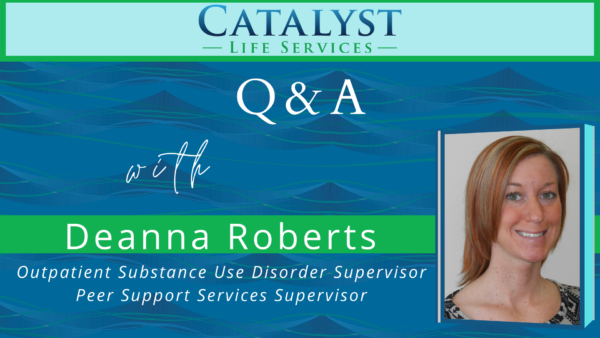

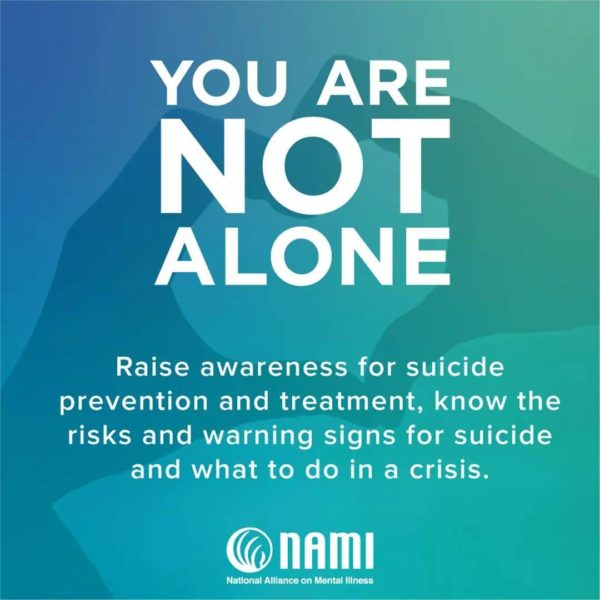
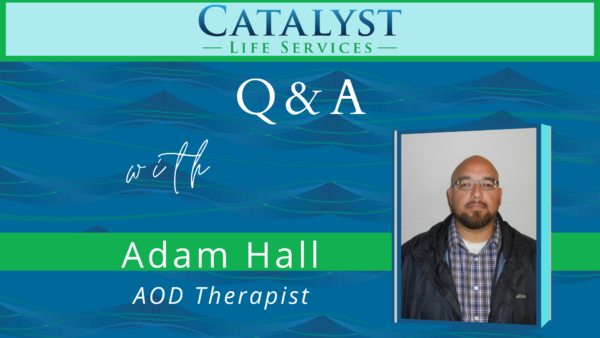
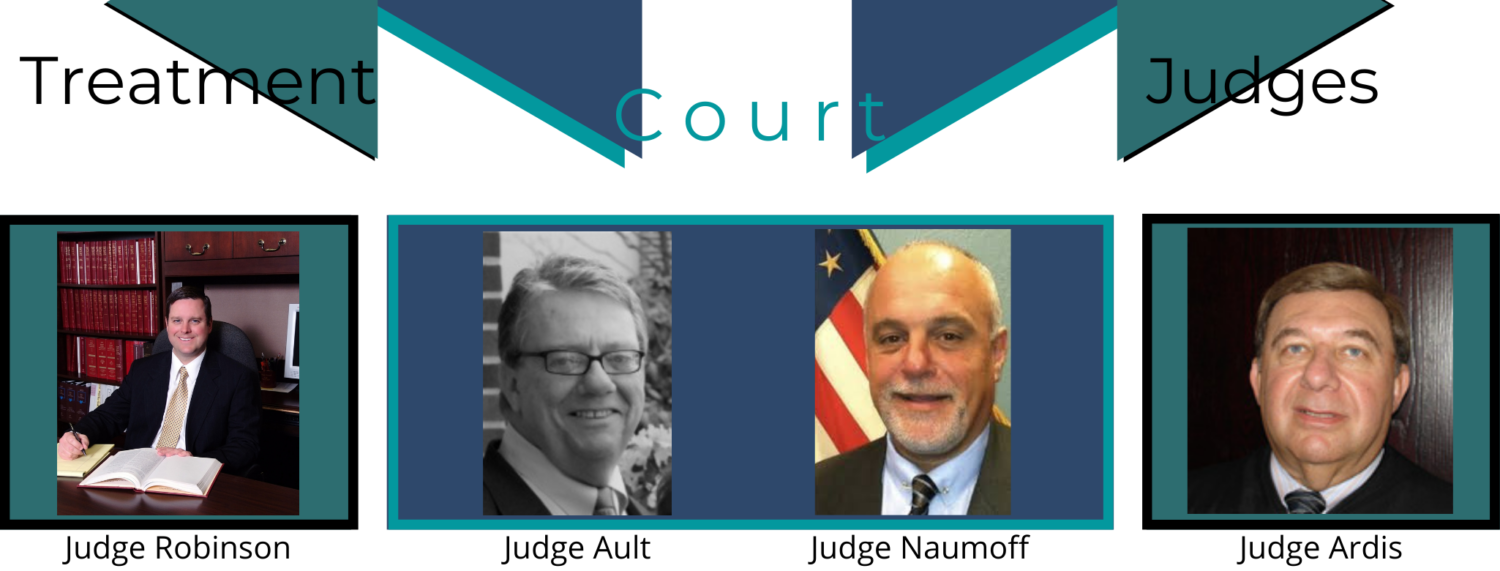
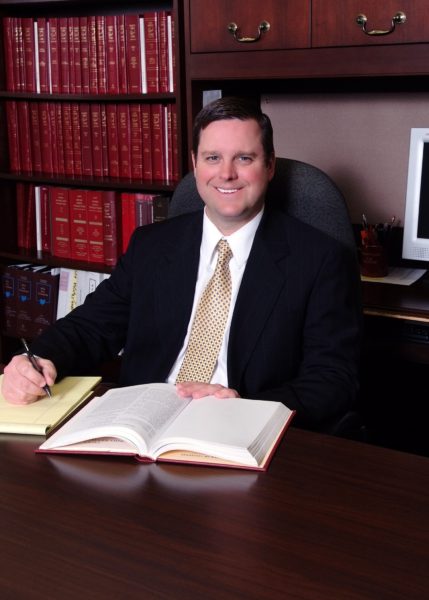 “Drug Court is important because it gives low level felony substance abuse offenders the opportunity to overcome their substance abuse issues to become employed, to learn how to maintain their sobriety and finally, how to become productive, happy and healthy citizens of this community. Another important benefit of Drug Court is if the offenders are able to successfully complete the Drug Court program and graduate, their criminal case will be dismissed and the arrest record is sealed. This leaves the graduate free of a felony record. Also, Drug Court graduates are much less likely to be arrested on new criminal charges then non-graduates. Finally, Drug Court is important because it reduces overdoses and saves lives.
“Drug Court is important because it gives low level felony substance abuse offenders the opportunity to overcome their substance abuse issues to become employed, to learn how to maintain their sobriety and finally, how to become productive, happy and healthy citizens of this community. Another important benefit of Drug Court is if the offenders are able to successfully complete the Drug Court program and graduate, their criminal case will be dismissed and the arrest record is sealed. This leaves the graduate free of a felony record. Also, Drug Court graduates are much less likely to be arrested on new criminal charges then non-graduates. Finally, Drug Court is important because it reduces overdoses and saves lives.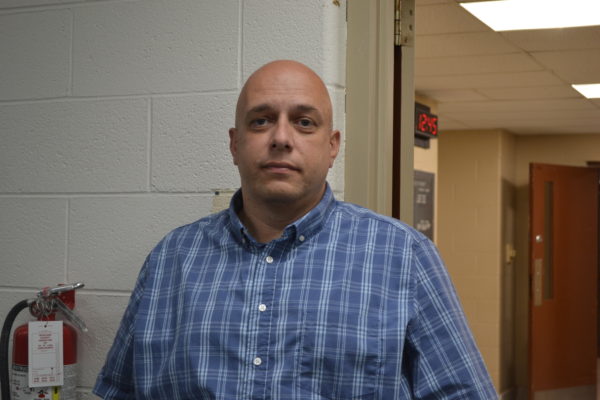 “I have been involved in the Criminal Justice field for over 26 years. During that time I have been involved in uniformed law enforcement, specialty teams on both a state and federal level and for the last 18 years, as a probation officer for the Richland County Court Services. I have found that during my time rising through the ranks in the probation department to my current position as Chief that this part of the criminal justice system allows you the closest, hands on, participation in the changing of someone’s life. I have been through the “lock ’em up” phases and now into the more hands-on “behavioral changes” phase of community corrections. A person has to have a passion for this type of work because it does not come easy. You watch an offender try to change their lives over and over, with no success because they have not totally invested into the changes that need to be made. And rather than give up on these individuals, you continue to work with them, hoping that someday the changes take hold and they truly turn their lives around. When this happens, that is the reward for all of your hard work and dedication to helping others.
“I have been involved in the Criminal Justice field for over 26 years. During that time I have been involved in uniformed law enforcement, specialty teams on both a state and federal level and for the last 18 years, as a probation officer for the Richland County Court Services. I have found that during my time rising through the ranks in the probation department to my current position as Chief that this part of the criminal justice system allows you the closest, hands on, participation in the changing of someone’s life. I have been through the “lock ’em up” phases and now into the more hands-on “behavioral changes” phase of community corrections. A person has to have a passion for this type of work because it does not come easy. You watch an offender try to change their lives over and over, with no success because they have not totally invested into the changes that need to be made. And rather than give up on these individuals, you continue to work with them, hoping that someday the changes take hold and they truly turn their lives around. When this happens, that is the reward for all of your hard work and dedication to helping others. 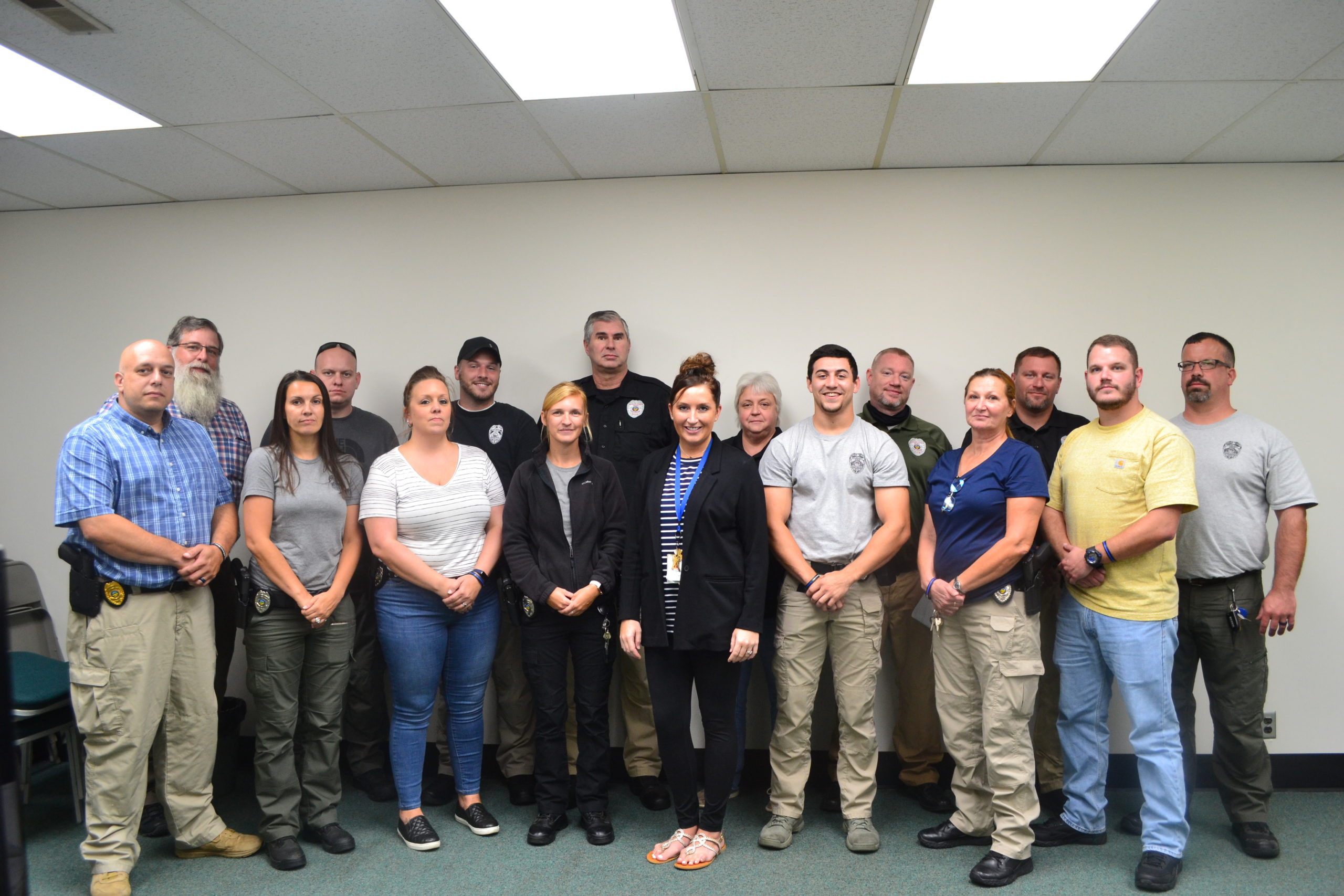
 “I feel treatment court is essential for a number of reasons. Communication between the court, probation officers, and the treatment providers keeps everyone up to date on the progress of the people in treatment court, so that non-compliance can be addressed swiftly if necessary. Studies have shown this process will have much better outcomes than incarceration alone. It’s getting to the root of the problem, which is more effective. Treatment court holds all to a very high standard and provides more structure over all, which is beneficial for accountability and success in changing behaviors. Treatment court reduces recidivism, which not only helps the individual, but our community as a whole.
“I feel treatment court is essential for a number of reasons. Communication between the court, probation officers, and the treatment providers keeps everyone up to date on the progress of the people in treatment court, so that non-compliance can be addressed swiftly if necessary. Studies have shown this process will have much better outcomes than incarceration alone. It’s getting to the root of the problem, which is more effective. Treatment court holds all to a very high standard and provides more structure over all, which is beneficial for accountability and success in changing behaviors. Treatment court reduces recidivism, which not only helps the individual, but our community as a whole. 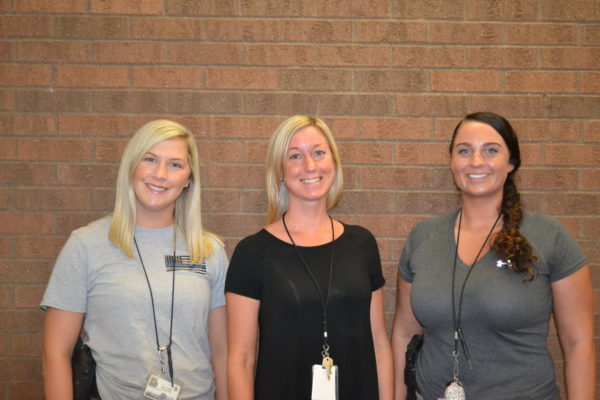 “We enjoy making a difference in the lives of those who are struggling with addiction while involved in the criminal justice system. It is a great feeling to see defendants who entered the system addicted, homeless, unemployed, and lost custody of their children transform into productive members of the community who have now obtained employment, obtained housing, are succeeding in their recovery, and regaining custody of their children.
“We enjoy making a difference in the lives of those who are struggling with addiction while involved in the criminal justice system. It is a great feeling to see defendants who entered the system addicted, homeless, unemployed, and lost custody of their children transform into productive members of the community who have now obtained employment, obtained housing, are succeeding in their recovery, and regaining custody of their children. 